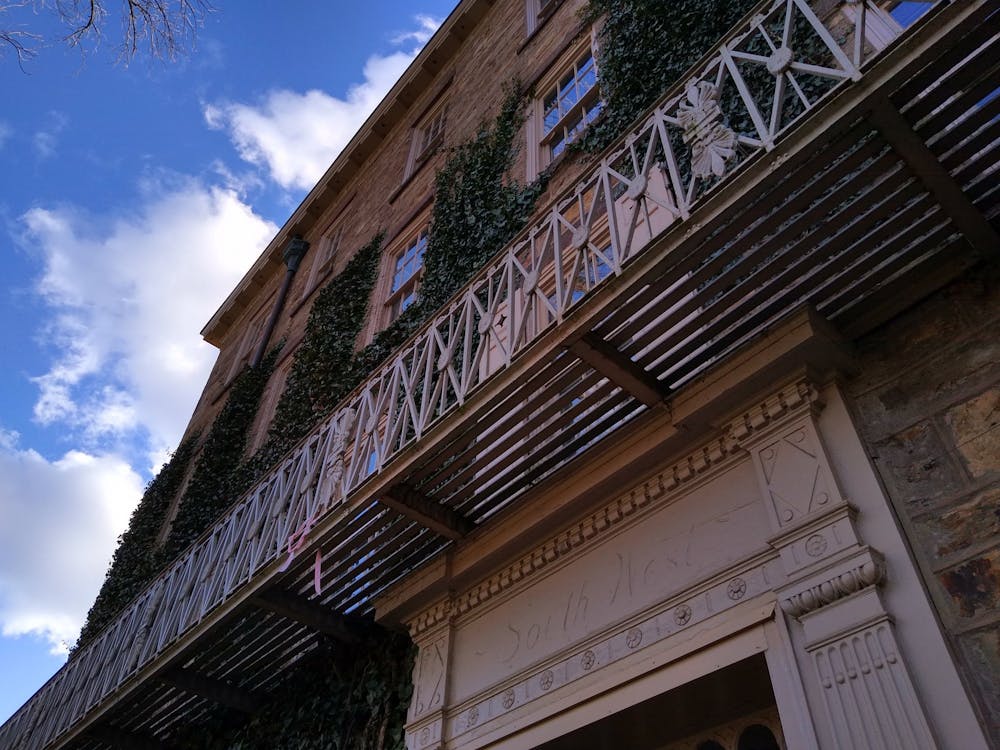On Tuesday, Feb. 22, the University announced that starting this fall, it will be expanding its transfer admissions program, increasing the number of transfer students accepted and enrolled. The University intends to enroll between 25 and 35 transfers each year for the next few years, with a target of approximately 100 transfers in total across all four undergraduate years.
The University offered admission to 16 transfer students in the fall of 2021.
In an interview with The Daily Princetonian, Dr. Keith Shaw, Director of Transfers and Outreach at the Emma Bloomberg Center for Access and Opportunity, explained that this expansion is taking place because the transfer program “was always intended to be bigger than it has been.”
The University started accepting transfer students in 2018 after reinstating the transfer admissions program, which had been inactive since 1990. Four years later, the transfer program has its first cohort of alumni from the Class of 2021. This cohort acted as a test run for the University, providing ample opportunity to learn what may need to change in the transfer program moving forward.
“That gave us a good opportunity essentially to look at the evidence and figure out what we learned,” Shaw said.
For the 2020-2021 admissions cycle, Shaw chaired a transfer review committee, which included staff, faculty, and students.
“All of the participants looked at what happened. What were the strengths, what were the weaknesses, what were some of the opportunities that we either didn’t recognize, or may have forgotten for reasons that made sense at the time,” Shaw said. “Given what we learned, we have made some adjustments. The University felt, President Eisgruber felt, Provost Deborah Prentice felt, the Trustees felt it was time to expand.”
Shaw emphasized the role of the residential colleges and other college offices in the review process and the operations of the transfer program.

One goal of the transfer program, as noted by Shaw, is to act as an access and inclusion initiative, in order to bring new perspectives to campus. The second main goal is for the traditional undergraduate population already at Princeton to be exposed to the perspectives and experiences that transfer students bring.
Shaw described it as a “reciprocal obligation” but that it has “more of a chance of having the kind of impact we want to have if the cohort is bigger than 40.”
The University’s expansion of the overall student body through the construction of new residential colleges also played a role in the decision to expand the transfer program as well. This will enable the University to “consider more carefully the needs of student veterans, older students, non-traditional students, students with families, in thinking through our policies and considering the actual combinations that we have available for them,” he explained.
The recent transfer admissions cycle had a deadline of March 1.

Deputy University Spokesperson Michael Hotchkiss wrote in an email to the ‘Prince’ that the University would not be releasing admission data from the transfer admission cycle, in line with their policy concerning the release of data from early action and regular decision admission cycles. He added that “instead, we will publish an announcement later in 2022 that focuses on all students enrolling in Fall 2022.”
Hotchkiss stated that despite the challenges the pandemic has brought, including limitations on in-person travel in 2020 and 2021, the University has hit their recruitment goals by all measures, due to virtual recruiting efforts.
“Virtual recruitment has been especially successful for decentralized students learning remotely, such as working/active duty military students studying at online colleges and those in more remote areas,” he added.
Brenden Garza is a news contributor for the ‘Prince.’ He can be reached at bg8077@princeton.edu or @brenden.garza on Instagram.








